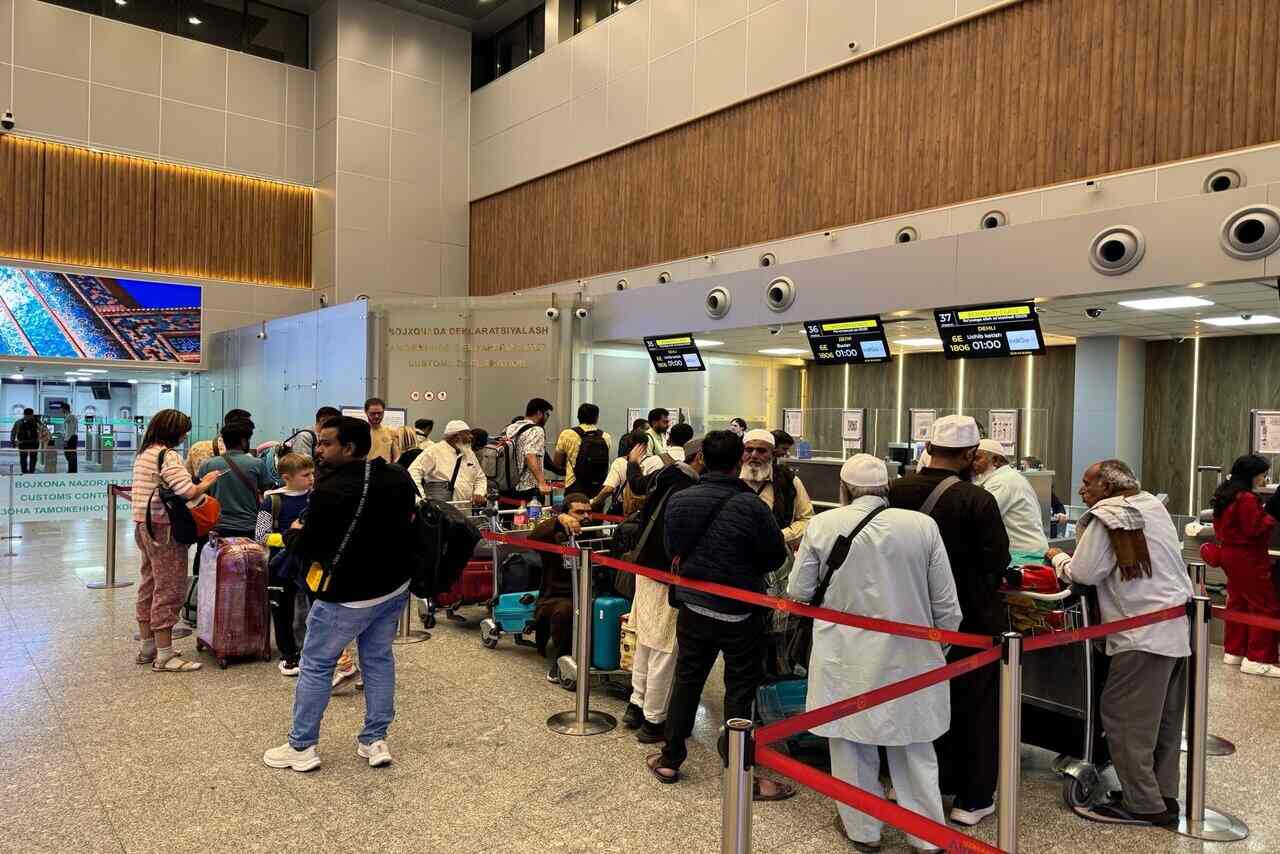New employment laws in Kuwait will obligate expatriate employees in the private sector to obtain exit permit kuwait before leaving the country with their employers. The policy, which took effect on July 1st, is a major crackdown on an already restrictive kafala sponsorship system in the Gulf nation.
Exit Permit Kuwait System Strengthens Employer Control
According to the ministerial decree, made by the First Deputy Prime Minister and Minister of Interior Sheikh Fahad Yousef, a digital system will be formed in which foreign employees will require official permission from their registered employers to leave the country internationally. This web-based system is expected to develop what officials term as a greater visibility of the movement of the expatriate labour force, and at the same time, strike a balance between labour mobility and the concerns of employers.
The Public Authority of Manpower clarified that the exit permit Kuwait is specifically aimed at the workers in the private sector, hinting that government employees might still be spared from these new travel restrictions. This contrast shows how Kuwait deals with various types of foreign workers in its economy.
Regional Context Reveals Varying Approaches to Worker Mobility
The move by Kuwait puts the country in the same position as Saudi Arabia in terms of adherence to the exit permit procedures of foreign employees. In addition to requiring expatriates to get exit and re-entry permissions from their sponsors, Saudi Arabia has developed a comprehensive travel control system, which, in effect, ties workers to their employers.
But this is a stark contrast to the recent reforms experienced in the neighboring country of Qatar. After having been subject to international attention in its preparations for the World Cup, Qatar abolished the majority of exit permits in 2018, and this was further extended to domestic workers in 2020. These reforms represented a huge break with customary kafala limitations.
The United Arab Emirates has taken possibly the most liberal approach in the region, literally outlawing employer actions to withhold the passports of workers or to otherwise restrict the departures of employees. This policy is indicative of the attempts by the UAE to present itself as a more worker-friendly destination in the Gulf Cooperation Council.
Digital Implementation Masks Underlying Control Mechanisms
Although Kuwait highlights the internet convenience of its new exit permit system, labor rights activists see the necessity as a technological update on the control measures and not as reform. The online system might make the process of application process more convenient, yet it essentially preserves the power of the employer to control the movement of workers.Kuwait has announced at a seemingly opportune time, when the world has slightly lost interest in the Gulf labor practices after the Qatar World Cup ended. This is an indication that Kuwait might be making the calculations that the international pressure has reduced enough to enable it to make greater restrictions on labor.


















